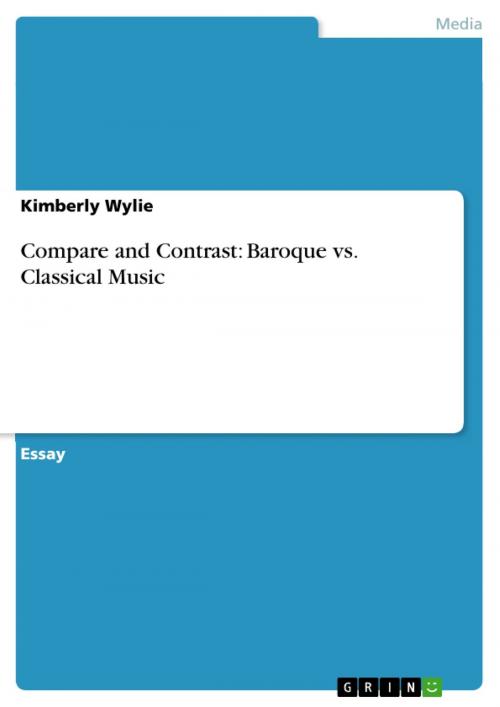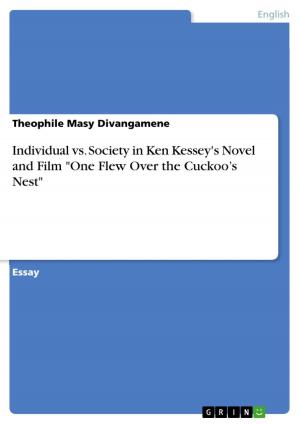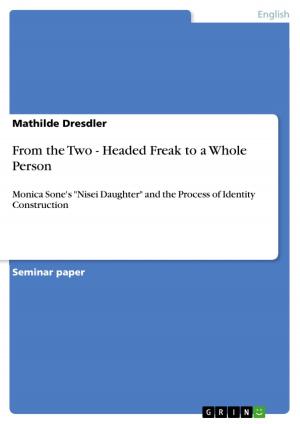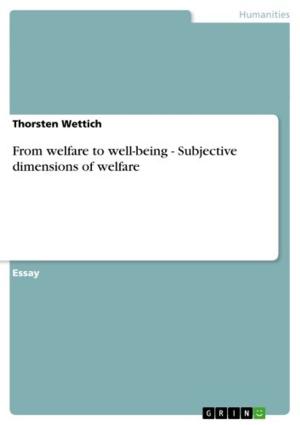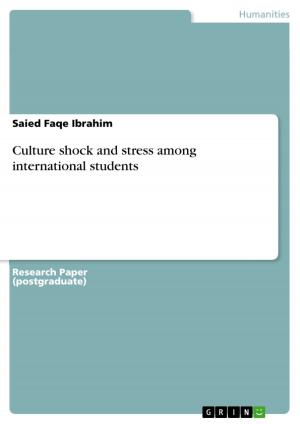| Author: | Kimberly Wylie | ISBN: | 9783638512664 |
| Publisher: | GRIN Publishing | Publication: | June 23, 2006 |
| Imprint: | GRIN Publishing | Language: | English |
| Author: | Kimberly Wylie |
| ISBN: | 9783638512664 |
| Publisher: | GRIN Publishing |
| Publication: | June 23, 2006 |
| Imprint: | GRIN Publishing |
| Language: | English |
Essay from the year 2003 in the subject Musicology, University of Phoenix, 4 entries in the bibliography, language: English, abstract: At first glance, the Baroque music period and Classical music periods seem to be very much alike. They do, in fact, have many similarities, for instance, the same basic orchestral and chamber ensembles. However, by carefully analyzing each period, distinct differences can be found. The word 'Baroque' comes from the Italian word barocco, which literally translates to bizarre, however some feel that when dealing with the arts, exuberant is closer to the aim of the translation, and exuberant is a word that perfectly fits this style of music. Although Baroque was first used to describe ornately decorated buildings in Austria and Germany, it quickly became used to describe a similarly ornate period of music.
Essay from the year 2003 in the subject Musicology, University of Phoenix, 4 entries in the bibliography, language: English, abstract: At first glance, the Baroque music period and Classical music periods seem to be very much alike. They do, in fact, have many similarities, for instance, the same basic orchestral and chamber ensembles. However, by carefully analyzing each period, distinct differences can be found. The word 'Baroque' comes from the Italian word barocco, which literally translates to bizarre, however some feel that when dealing with the arts, exuberant is closer to the aim of the translation, and exuberant is a word that perfectly fits this style of music. Although Baroque was first used to describe ornately decorated buildings in Austria and Germany, it quickly became used to describe a similarly ornate period of music.
